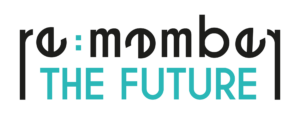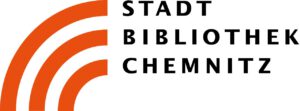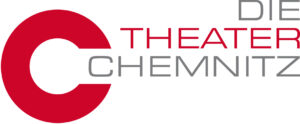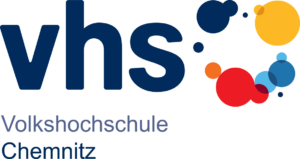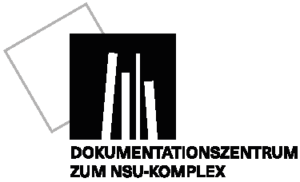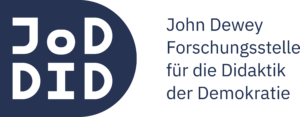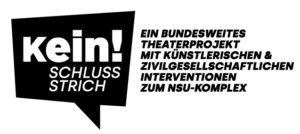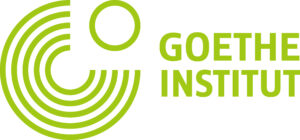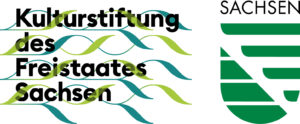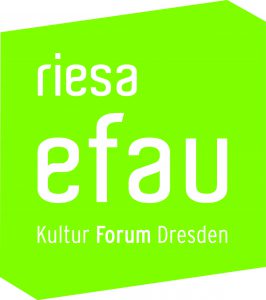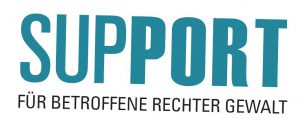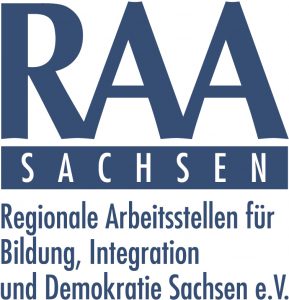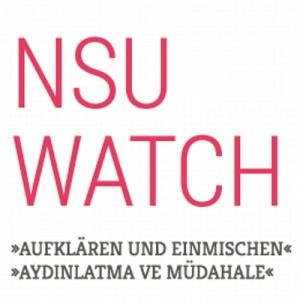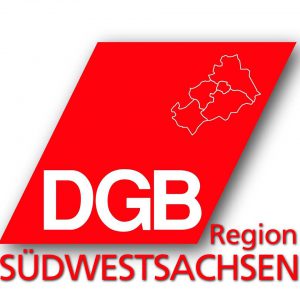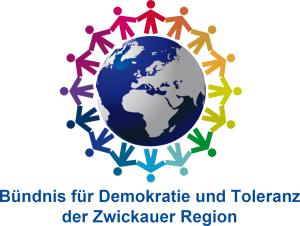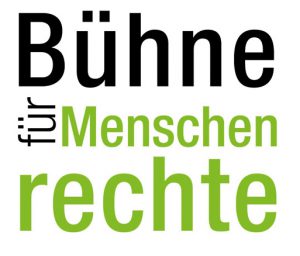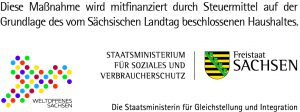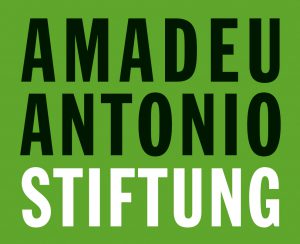Since 2016, we have been working on various projects related to the NSU reappraisal. In the section below, you can find out more about these different projects.
Open Process 2022-2024
In the Open Process (Ongoing Process) project, formats are being developed for addressing the issue of the NSU in Saxony. The goal is to present the complex topic in a way that is understandable and emotionally appealing to a broad audience. The project promotes social examination of the NSU case and sees itself as a contribution to the commemoration of the victims of the NSU.
In addition to the Open Process exhibition, which creates a space for remembering, researching and archiving, the project Open Process has already been working for years on the creation of a documentation center regarding the NSU complex in Saxony. Furthermore, we are developing formats to permanently integrate the topic into the school curriculum and we conduct educational trips and research projects.
Open Process connects existing reappraisal initiatives and incorporates their long-standing work. The project is a contribution to a living memory that raises awareness for the perspectives of those affected by right-wing violence and illuminates the continuities and conditions under which right-wing terrorist structures developed.
Cooperation partners
Open Process 2019-2021
The project Open Process is developing formats for the creative and scientific reappraisal of the NSU in Saxony. In the project, two educational trips to Dortmund (2019) and Nuremberg (2020) were carried out and two research projects at the TU Chemnitz and TU Dresden were implemented in cooperation with artists. Furthermore, a Critical Walk in the former Fritz Heckert area was developed together with students and conducted numerous times, the handbook “On Learning and Unlearning – A Handbook of Methods for a Critical Reappraisal of Racism in the NSU Complex” was written and published and four films were produced with people who have been victims of right-wing violence in the 1990s. Last but not least, the exhibition Offener Prozess was conceived, produced and opened in 2021.
Sponsors
Exhibition Open Process 2020
In the Open Process exhibition, the artistic production of different exhibits was supported. In-house artworks such as Inventur 2021 with Pınar Öğrenci and the installation TAKDIR – The Acknowledgement with Ülkü Süngün were created. Alongside with that, an exhibition catalogue and the web exhibition www.offener-prozess.net were developed.
Sponsors
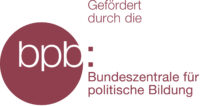
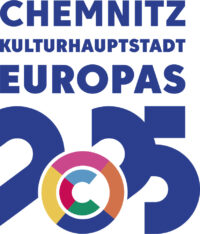
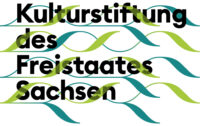
Exhibition Tours 2021
A multilingual and inclusive educational program was developed as part of the mediation project. In several workshops for mediators from Jena, Chemnitz, Brussels and Berlin, participants were trained to conduct multilingual tours of the exhibition. These guided tours were adjusted to meet different learning needs and to target people of various ages and backgrounds. The exhibition tours were conducted in seven spoken languages as well as in German sign language at the Stadtmuseum Jena, the Neue Sächsische Galerie Chemnitz, the Maxim Gorki Theater Berlin and La Vallée in Brussels.
Sponsors



Spuren-Șopen-ίχνη-2021
The project Spuren – Şopên – ίχνη (Traces) is a project of remembrance politics that took place within the framework of the microproject fund of the Capital of Culture Chemnitz 2025. As a kick-off for the debate in Chemnitz about a memorial to the victims of the NSU, a panel discussion was held on the question of what a future memorial to these victims might look like. Two representatives of the educational initiative Ferhat Unvar, Ulf Kallscheidt from the Capital of Culture team, the artist Ulf Aminde (Keupstraßenmahnmal) and Hannah Zimmermann from the project Open Process discussed on the panel. About 60 people participated in the event that took place in the New Saxon Gallery.
You can find the whole panel discussion under this link: https://vimeo.com/manage/videos/720652613/418ed37c8f
Sponsors


Theatre Gathering Undiscovered Neighbours 2016
The investigation of the NSU crimes follows the narrative of uncovering something that was previously undiscovered – despite the fact that both the perpetrators and the victims of the murders, bombings and robberies lived and are still living in the immediate neighbourhood. What was seen, what wasn’t – and why? Who was listened to, who was given a voice and an opportunity to speak, and who wasn’t? Who defines the current narrative of remembrance and who doesn’t play a part in creating it? The panel wants to take a closer look at and debate these dynamics of visibility/invisibility, of the heard and unheard, of the spoken and unspoken.
